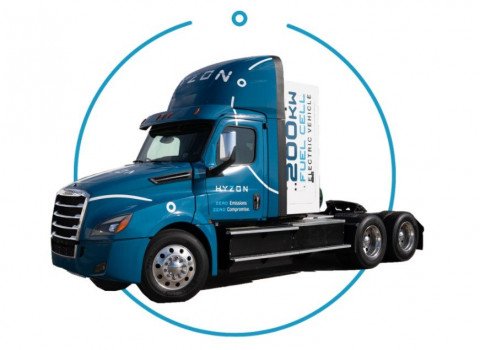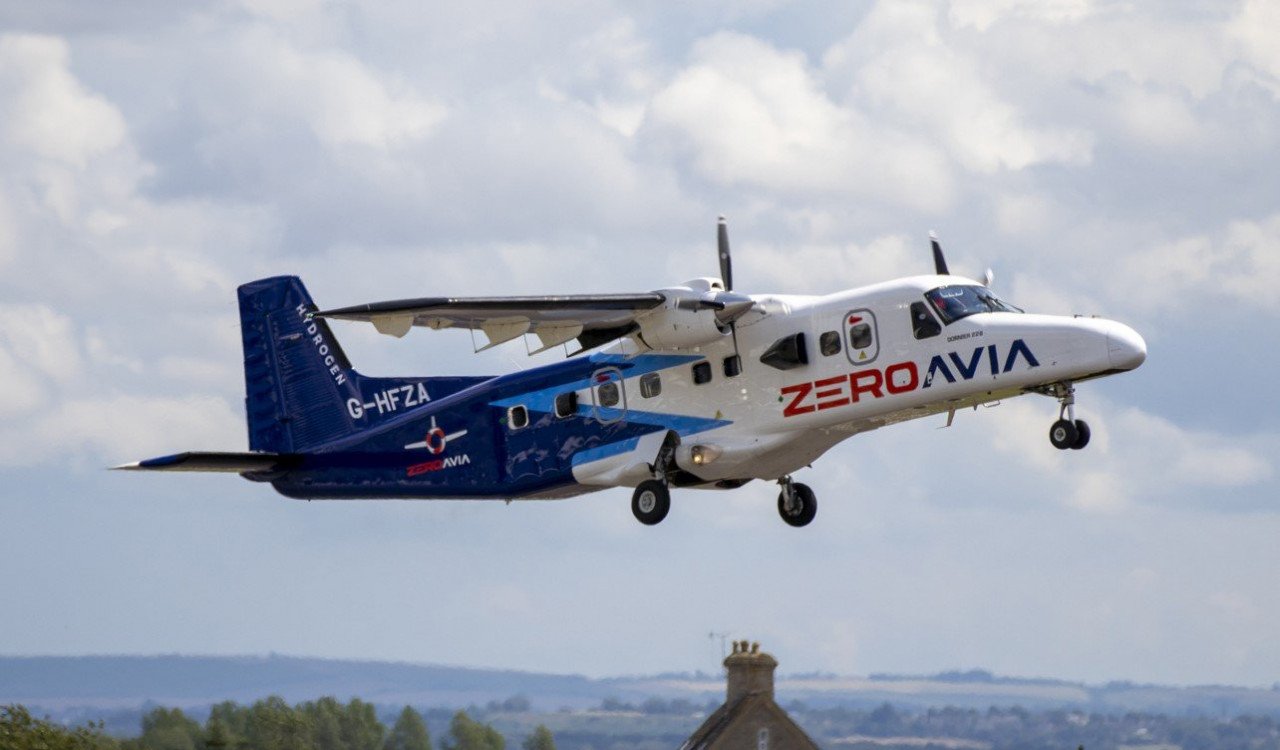ZeroAvia completes flight tests of hydrogen-electric engine retrofitted aircraft
Zero-emission aviation firm ZeroAvia recently announced the completion of its initial prototype ZA600 flight testing campaign at Cotswold Airport in the United Kingdom. A Dornier 228 aircraft retrofitted with the company's hydrogen-electric engine was part of this initial trial that ended last week.
The 10th flight in the initial series saw a cruise test to establish projections for future ranges using the system, thus teeing up the first cross-country flights as the next stage of testing and demonstration, according to the company.
Over the course of the last six months, ZeroAvia has sequentially tested different areas of performance. The campaign has seen the aircraft fly at 5,000 feet, perform an endurance test at 23 minutes, operate in the wide temperature range from just above freezing to almost 30C, and reach the maximum allowable speed under the Permit to Fly issued by the CAA.
RELATED: American Airlines invests in ZeroAvia, H2-electric engine tech developer
Val Miftakhov, Founder & CEO, ZeroAvia, commented on the development, "Zero-emission flight technologies are moving from promise to delivery and our amazing team is leading the way with this testing program. We do not have to push the unappealing choices on passengers of paying more or flying less to deliver climate conscious air travel. We instead can adopt this technology quickly to reduce climate impact and air pollution."
ZeroAvia's Dornier 228 flight testing program is part of the HyFlyer II Project, which is part funded by the UK Government via the Aerospace Technology Institute, in conjunction with Innovate UK and the Department for Business and Trade.
RELATED: ZeroAvia, PowerCell ink MoU for PEM fuel cell stacks for aviation
"ZeroAvia is making fantastic progress in pioneering zero emission flight, and I want to congratulate them on another important step completed with their successful flight test campaign", said Nusrat Ghani MP, Minister for Industry & Economic Security. "I'm pleased that government support through the ATI Programme has helped ZeroAvia find innovative new ways to cut aviation emissions, which will help us deliver our Jet Zero Strategy and secure high-skilled green jobs in the UK."
The retrofitted hydrogen-electric engine in the test aircraft uses hydrogen in fuel cells to generate electricity, which is then used to power electric motors to turn the aircraft's propellers. ZeroAvia claims that the only emission is low temperature water, thereby presenting a clean aviation propulsion solution for the future.






















